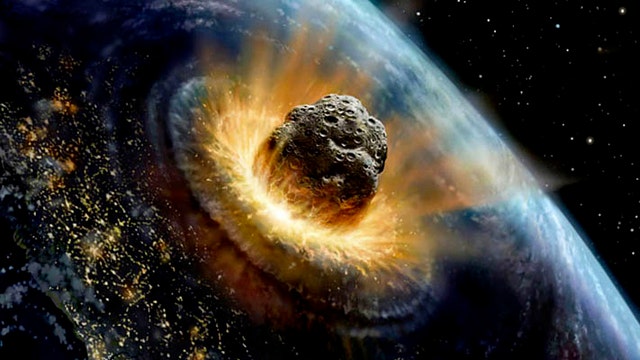Chapter 12 Part C
In the quantum worldview, events in reality cannot
be pictured as coming in predetermined, reliably connected sequences of cause
and effect, but they aren’t random either. All events can now be seen as
governed by rules of probability. Which sub-atomic particles in reality will
collide or jump to other energy levels at any given nanosecond can be described
only by laws of probability, and all larger events involve entities that are
made up of those sub-atomic particles.
Normally, an event or an object that we see at our
level of reality is the average of billions of quintillions of sub-atomic
events. Most of the time, the events we see at our level, the macroscopic one, are
the high probability macro-events, and they fit together to create the
classical, Newtonian pictures and patterns that we have seen over and over and
have come to expect of everyday life.

asternut butterfly
beside a strange attractor graph
But quantum theory leaves open the possibility that
once in a while, when enough unusual events at the sub-atomic level coincide,
they cause an event at our level – a hurricane, a supernova, a tornado, an
avalanche, a failed bolt in an airplane, a mutation in a bacterium, or a
sillytumble (which, of course, I am making up). None of these events is
"uncaused". They all have causes. The problem for the Newtonian
worldview is that the causes aren't always neat sequences of earlier events. In
principle, we can't predict these outcomes in advance because
we can't calculate the sums of all of the influential links in the causal
chain. Weird things can, and do, happen.
And it's not just that there are too many factors
involved. Even simple Newtonian systems with only two or three objects and
forces acting in them evolve in ways that defy our best computer models. The
possible ways in which the system may turn out depend on initial conditions of
all parts of the system. Miniscule changes, some of them quantum changes, in
any of these parts at any time during the unfolding may lead to any one of
zillions of very different outcomes. The possibilities rapidly become, in
practical mathematical terms, incalculable.

Hurricane Dennis approaching
Pensacola, Florida
We can only say after the hurricane has passed that
five days before the hurricane hit, some of our models had been indicating near-certainty
levels of the hurricane's making landfall on the Florida Coast. Then, the
evolving odds that it was going to hit a specific site - for example, Pensacola
- began to approach 60% on Friday or 95% or 99% by Sunday. Tiny jumps by
particles, even some sub-atomic ones (the famous "Butterfly Effect"),
right back to the hurricane's genesis off the coast of Africa, favored, and
eventually selected, one outcome over all of the other possible outcomes.
(3.)
Gradually, a winning outcome-candidate emerged. But
which outcome that would be was not just unknown; in advance of the event, it
was unknowable. Unlike the Newtonian/Enlightenment worldview, the quantum
worldview is telling us that the outcomes in real life sequences of events are,
in principle, never certain, but are always, to some degree, predictable in the
exact sense of that word.














